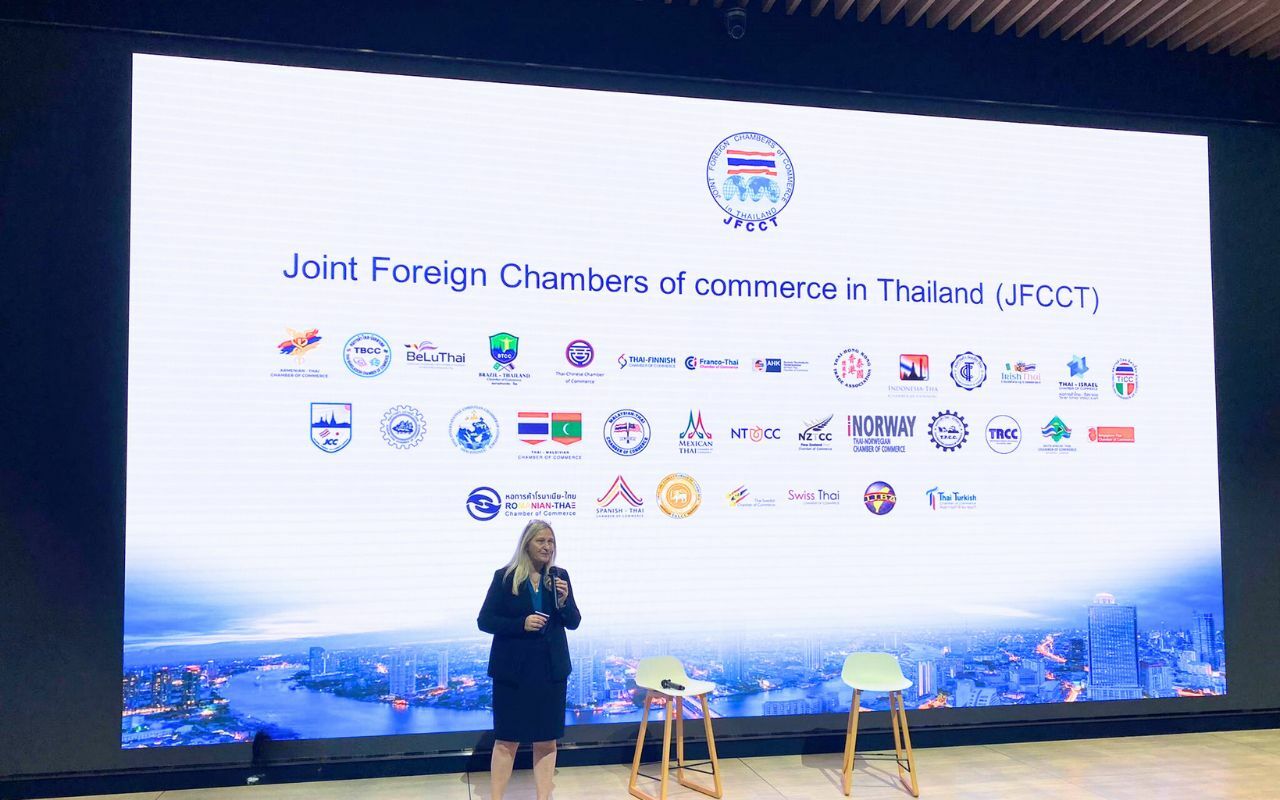Thai parties pledge to tackle economic inequality, business groups sceptical

Business organisations have expressed support for the Move Forward Party’s campaign pledges to address economic inequality in Thailand, but they question the party’s ability to overcome long-standing issues.
On May 22, eight political parties signed a memorandum of understanding, outlining 23 focal points for governing Thailand. These included a joint commitment to reducing inequality and promoting equitable economic growth. The Move Forward Party is particularly recognised for its opposition to monopolies, aiming to support small and medium-sized enterprises (SMEs).
Kriengkrai Thiennukul, chairman of the Federation of Thai Industries (FTI), commented on the party’s policies, saying, “The party has some good policies, but the question is whether it can translate them into action.” He added that the Move Forward Party and its allies face a challenging task, as the issue of inequality has been deeply rooted in Thailand’s economy for many years.
Kriengkrai also noted that the new administration would find it difficult to deal with monopolies, as well as the obstacles it would face within the country’s bureaucratic system.
Despite these challenges, the Federation of Thai SMEs supports the party’s stance and endorses government amendments or new drafts that prevent companies from unfairly dominating the market. Sangchai Theerakulwanich, president of the Federation of Thai SMEs, said that this position could pave the way for SME growth, as they currently have limited access to fundraising and loans.
“We look forward to better revenue distribution among entrepreneurs, including SMEs,” said Sangchai. “We hope we can operate our business at its full potential.”
However, like Kriengkrai, Sangchai acknowledged that implementing policies to achieve fair economic growth for all stakeholders is an uphill task. He explained that enacting new laws requires parliamentary approval, which is often a time-consuming process.
Kriengkrai suggested that the new government should focus on reforming monopoly rules as a first step, which could eventually lead to the emergence of new businesses and entrepreneurs, reports Bangkok Post.
Latest Thailand News
Follow The Thaiger on Google News:


























